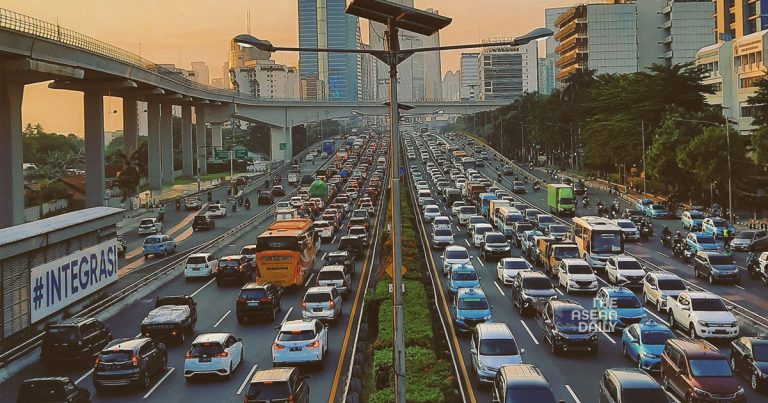31-12-2023 (JAKARTA) The Indonesian government is set to streamline and integrate bureaucratic digitalisation, encompassing electronic-based government systems (SPBE) across ministries, institutions, and regional governments in the country.
Administrative and Bureaucratic Reform Minister, Abdullah Azwar Anas, shared the government’s plans during a report on bureaucratic digitalisation progress to President Joko Widodo at the Presidential Palace in Jakarta on Friday.
Highlighting the existing landscape, Abdullah noted that each ministry, institution, and local government presently operates its own application. However, the government aims to transition towards a unified and integrated approach in the future.
“We already have a Presidential Decree, Architecture Presidential Decree, the One Indonesian Data Presidential Decree, and the Personal Data Protection Law for SPBE. From the governance foundation, we already have an SPBE coordination team, an SPBE architecture team, and achievements in several ministries and agencies,” explained the minister.
Despite the existing policy and governance framework, Abdullah acknowledged challenges in integrating government services. In response, President Joko Widodo issued Presidential Decree Number 82 of 2023, focusing on accelerating digitalisation implementation and strengthening governance through the coordinating ministry’s involvement.
“The decree will strengthen governance through the involvement of the coordinating ministry. The coordinating ministers were ordered to force ministries and institutions to follow the SPBE architecture, including encouraging a one-service portal in each ministry and institution,” Abdullah stated.
The presidential decree aims to enhance the government’s capacity for implementing government technology (govtech) and emphasizes service integration. Nine priority services have been identified, including basic digital identity, data exchange platforms, digital payments, a one-data public service portal, and a government administration portal.
“We had officiated a regional government information system covering 500 services in one system,” highlighted Abdullah. Other priority services encompass online driving licence applications, Social Affairs Ministry assistance, health services from the Health Ministry, and education aid from the Education Ministry.
Abdullah expressed optimism that digitalising these nine priority services would significantly impact government administration, paving the way for a more efficient and streamlined digital landscape in Indonesia.




